When you hear the phrase “stay hydrated,” it might sound like just another wellness cliché—but don’t be fooled. Water is your body’s unsung hero, quietly ensuring that every cell, tissue, and organ functions as it should. Despite this, many people overlook their hydration needs. If you’re not drinking enough water, your body doesn’t just shrug it off. Instead, it starts to send out distress signals that are both subtle and outright alarming. Let’s dive into 13 unexpected ways dehydration can mess with your body.
1. You Become Fatigued Faster
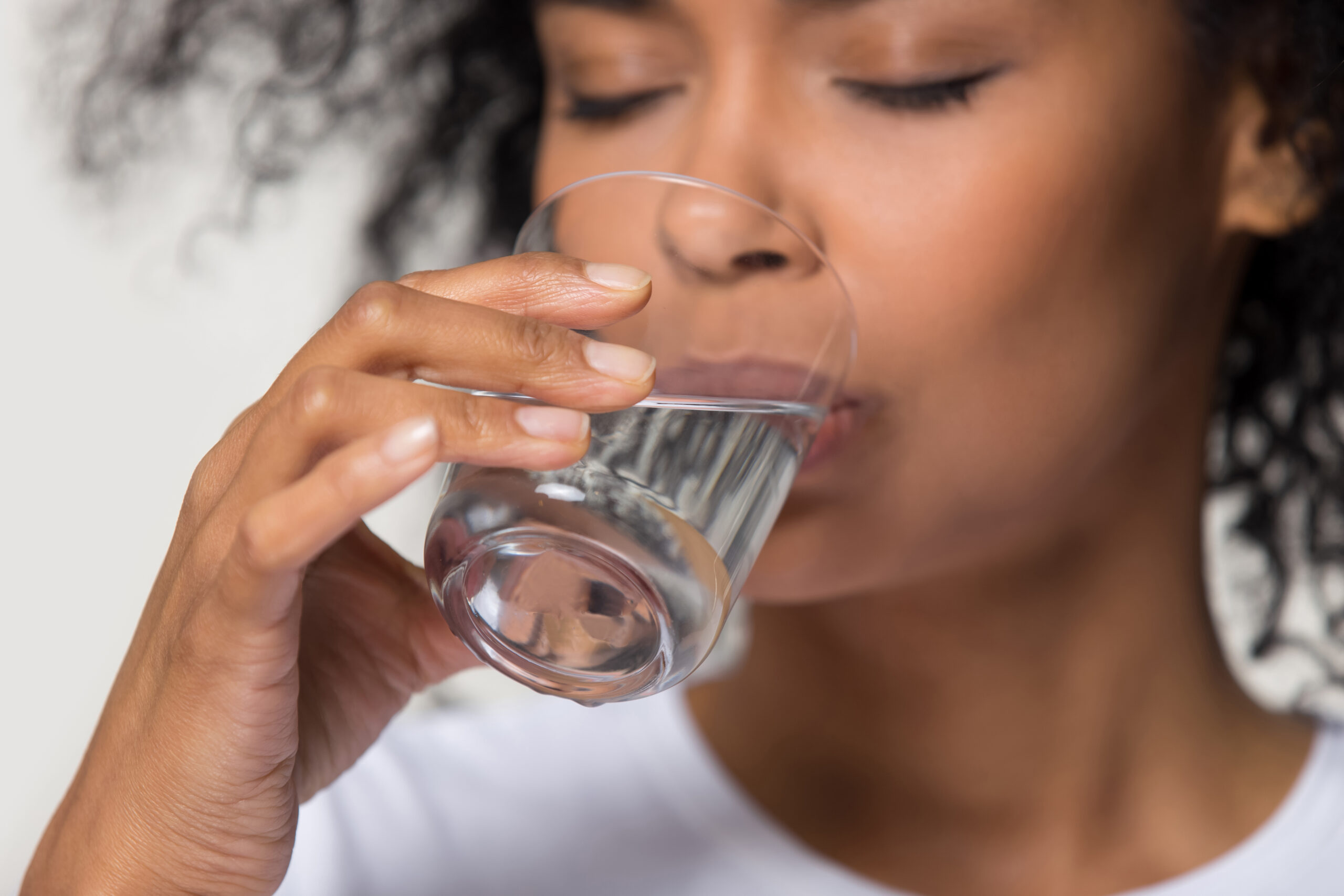
You might chalk up your mid-afternoon slump to a lack of caffeine or a late night, but dehydration could actually be the culprit. When your body doesn’t have enough water, it struggles to maintain blood volume, which means less oxygen is reaching your muscles and organs. This can cause fatigue to set in quicker than you might expect. A study published in the journal Physiology & Behavior found that mild dehydration significantly impacts mood and energy levels, making it harder to muster up the energy you need to get through the day.
In those moments when you feel inexplicably tired, reaching for a glass of water might be more effective than a cup of coffee. Unlike caffeine, proper hydration helps your body’s systems to function optimally, keeping fatigue at bay. Water acts as a natural lubricant for your joints and muscles, helping you feel more physically and mentally alert. So, the next time you feel sluggish, consider that dehydration could be holding you back.
2. Your Skin Loses Its Glow
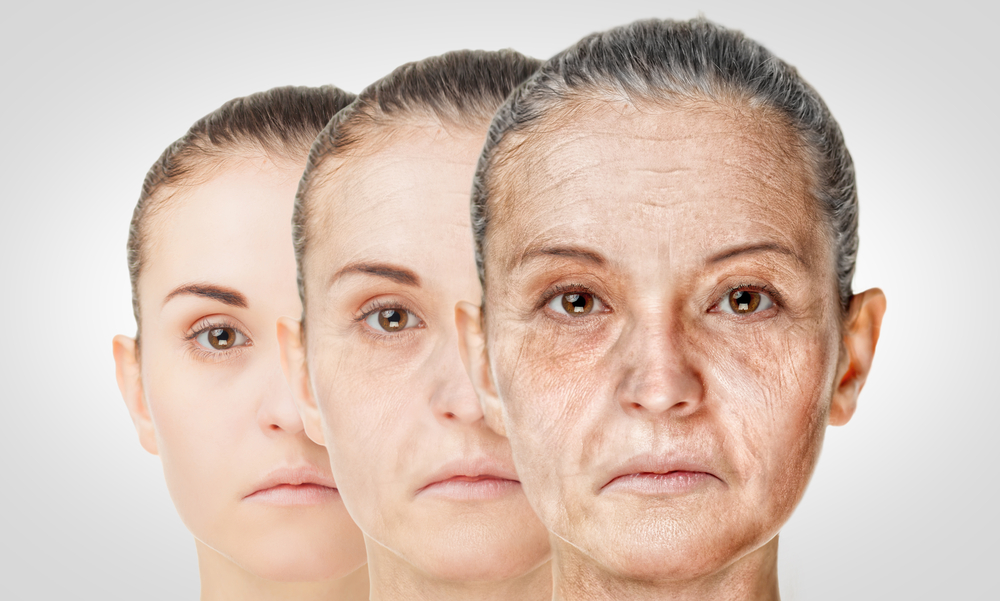
Your skin is often the first place dehydration shows up, leaving it dull and less resilient. Water is crucial for maintaining your skin’s elasticity and suppleness. Without adequate hydration, you might notice more fine lines, rough patches, and even an increase in acne due to your skin’s impaired ability to detoxify. While you might invest in fancy creams and serums, the most effective skincare starts with a simple glass of water.
Dehydrated skin doesn’t just look different—it feels different too. You might experience tightness, itchiness, or a general lack of comfort. Drinking enough water helps to flush out toxins and maintain a healthy balance of oils and moisture. Keeping your skin hydrated from the inside out is a basic, yet powerful, step in achieving a radiant complexion.
3. Your Digestion Takes a Hit

Water plays a key role in your digestive system, helping to transport nutrients and waste. Without adequate hydration, your digestion can slow down, leading to uncomfortable issues like constipation and bloating. Water is essential for the production of digestive juices and the movement of food through your intestines. A report from the European Journal of Clinical Nutrition highlights that increased water intake significantly improves constipation and overall digestive health.
Besides, dehydration can also exacerbate acid reflux, as your body struggles to form enough saliva to neutralize stomach acid. This can lead to that all-too-familiar burning sensation in your chest. Ensuring your digestive system operates smoothly is as simple as sipping more water throughout the day. Avoid dehydration, and you’ll give your gut the chance to function like clockwork.
4. Your Heart Works Overtime

When your body is dehydrated, your heart has to work harder to pump blood and deliver oxygen throughout your system. This increased workload can lead to a faster heart rate and higher blood pressure. Over time, this added stress can contribute to cardiovascular issues. Essentially, a lack of water puts unnecessary strain on your heart, an organ that should be treated with care.
Drinking sufficient water helps maintain the proper viscosity of your blood, making it easier for your heart to do its job effectively. Aim to drink water consistently throughout the day to keep your heart healthy. It’s a small habit with a long-term payoff, helping to ensure your heart doesn’t have to bear an extra burden. After all, your heart is the engine of your body, and it deserves the best support possible.
5. Your Weight Management Becomes Trickier
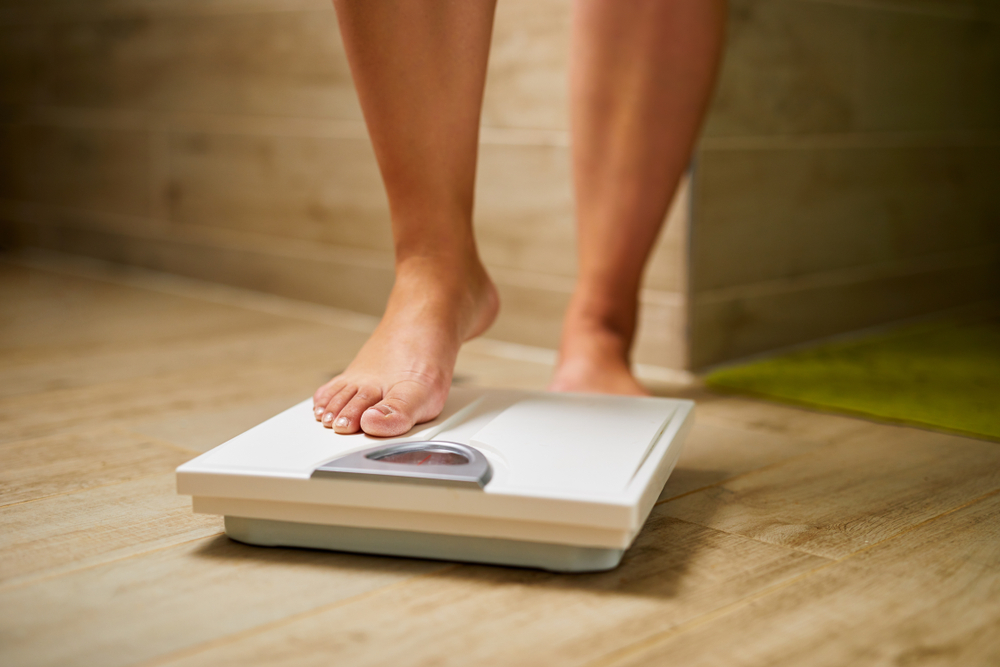
Water can actually help in weight management, but without it, you might find it harder to keep your weight in check. Dehydration can sometimes mask itself as hunger, leading you to consume more calories than you actually need. A study published in The Journal of Clinical Endocrinology & Metabolism found that drinking water can boost metabolism by up to 30% for a short period. This metabolic kick can aid in weight loss or management.
Drinking enough water also helps to promote a feeling of fullness, reducing the likelihood of overeating. It aids in the breakdown and digestion of food, ensuring your metabolism runs smoothly. By simply drinking more water, you may find it easier to adhere to your dietary goals. Remember, water is a zero-calorie way to support your body’s natural processes.
6. You Get More Headaches

If you’re prone to headaches, dehydration might be a contributing factor. When your body doesn’t have enough water, it can lead to a drop in blood volume, causing reduced blood and oxygen flow to the brain. This can result in headaches that range from mild to severe. Rehydrating is often an effective way to find relief without reaching for over-the-counter medication.
Your brain is incredibly sensitive to changes in hydration status. Even mild dehydration can trigger discomfort or exacerbate existing migraines. Keeping a water bottle handy can serve as a simple preventative measure. Instead of succumbing to headaches, try hydrating before the pain sets in.
7. Your Joints Feel Stiff

Water is a critical component of the cartilage that cushions your joints. Without enough hydration, your joints may feel stiff and less flexible over time. A study in the Journal of Aging Research & Clinical Practice emphasizes the importance of adequate hydration for joint health, highlighting its role in reducing stiffness and maintaining mobility. Simply put, water helps keep everything moving smoothly.
Hydration acts as a lubricant for your joints, ensuring they can glide without friction. This is especially important if you’re active or experience joint pain regularly. By keeping up with your water intake, you’re supporting the natural shock-absorbing abilities of your joint cartilage. So, if you’re reaching for a pain reliever, consider reaching for water first.
8. Your Cognitive Function Declines
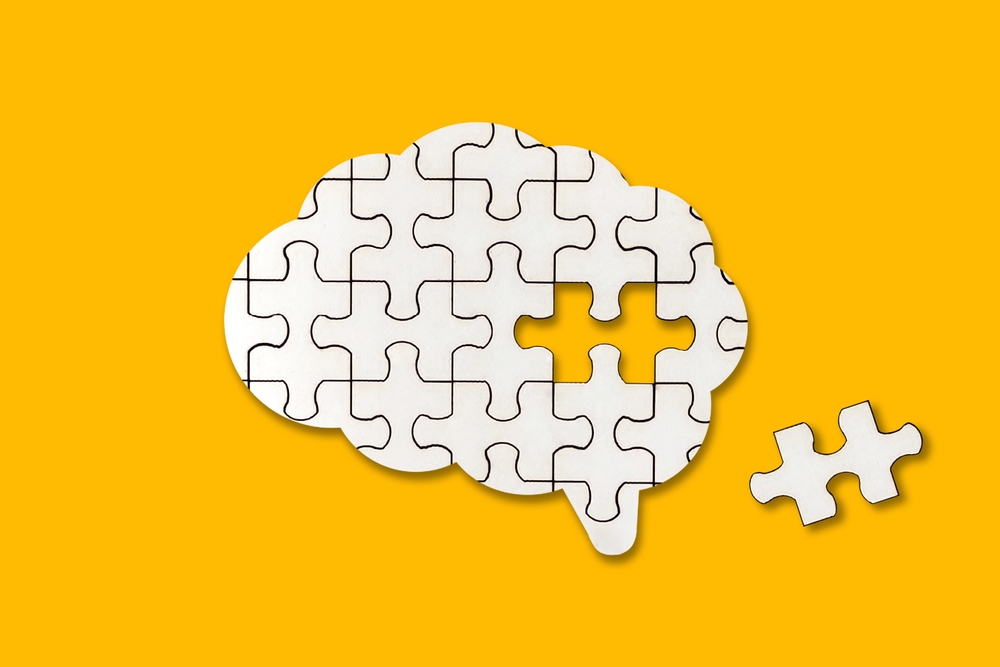
Your brain, like the rest of your body, relies heavily on water for optimal performance. Dehydration can lead to a decline in cognitive functions such as concentration, alertness, and short-term memory. Your neurons need adequate hydration to transmit signals efficiently. Without it, you might find yourself feeling foggy or struggling with tasks that require mental acuity.
Making sure you’re well-hydrated can help keep your brain sharp and focused. Whether you’re at work or tackling a crossword puzzle, water is your ally in maintaining mental clarity. Keep a glass nearby while working or studying as a constant reminder to stay hydrated. It’s a simple habit that yields significant cognitive benefits.
9. You Experience More Mood Swings

You may not realize it, but dehydration can affect your mood significantly. A lack of water can lead to irritability, anxiety, and even symptoms of depression. When your body is out of balance, it’s tougher for your brain to regulate your mood. You might feel more stressed or overwhelmed, even by everyday tasks.
Staying hydrated helps maintain the chemical balance your brain needs to keep you feeling steady. When you’re well-hydrated, your mood tends to stabilize, allowing you to navigate your day with a more positive outlook. Remember, emotional well-being starts from the inside out, and hydration is a key part of that equation. By prioritizing water, you’re also prioritizing a more balanced emotional state.
10. Your Kidney Stones Become a Risk
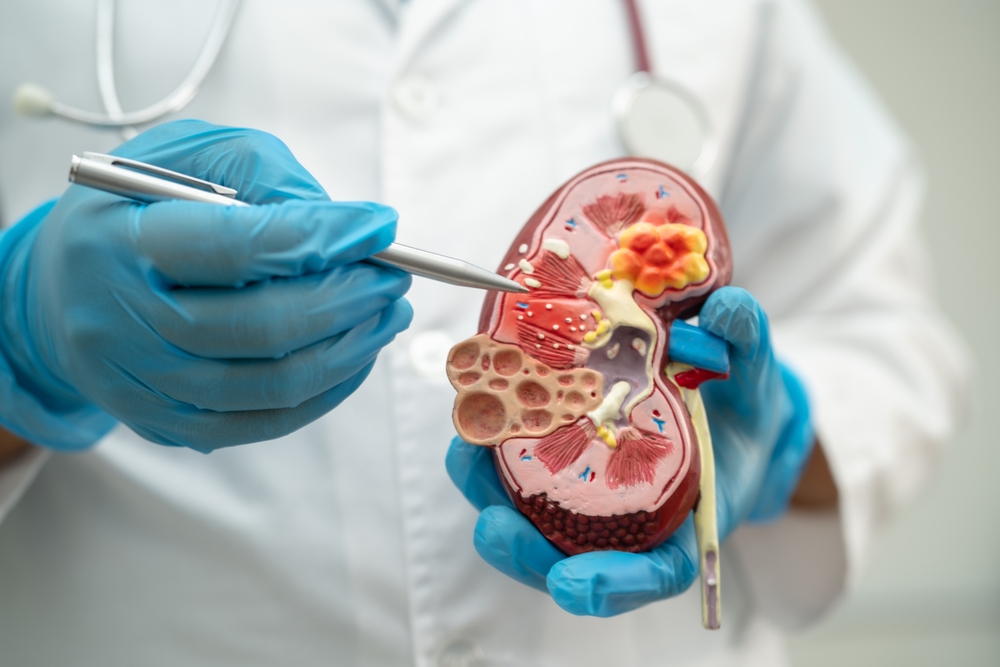
Your kidneys require water to function properly and filter waste from your blood efficiently. Dehydration decreases urine volume, leading to the concentration of minerals which can form kidney stones. Not only are these stones painful, but their formation can also lead to more severe kidney issues. Proper hydration dilutes the substances that lead to stones, making it a simple preventive measure.
Water helps flush out toxins and waste products, reducing the risk of stone formation. If you’ve ever experienced a kidney stone, you’ll know they’re best avoided. Drinking enough water can keep your urinary tract clear and your kidneys functioning smoothly. It’s a small effort for substantial kidney health.
11. Your Breath Goes Bad

Bad breath, or halitosis, is often a sign that you’re not drinking enough water. Saliva, which has antibacterial properties, is your mouth’s natural defense against odor-causing bacteria. When you’re dehydrated, saliva production decreases, allowing bacteria to thrive and multiply. This results in a less-than-fresh breath that no mint can quite cover up.
Hydration helps to maintain saliva production, which in turn keeps your mouth cleaner and fresher. It’s an often-overlooked benefit of drinking water, but an important one for social and personal interactions. Before reaching for gum or mouthwash, see if a glass of water can do the trick. Sometimes, the simplest remedies are the most effective.
12. Your Body Overheats

Water plays a critical role in regulating your body temperature through processes like sweating. When you’re dehydrated, your body struggles to cool itself down, risking overheating and heat-related illnesses. This is especially important during exercise or in hot weather when your body loses more water through sweat. Ensuring you’re well-hydrated helps maintain your body’s cooling mechanisms.
Overheating can lead to serious conditions like heat exhaustion or heat stroke, both of which require immediate attention. By drinking enough water, you’re providing your body with the tools it needs to maintain a stable temperature. It’s a simple yet effective way to take care of yourself, especially during the warmer months. Listen to your body when it’s telling you it needs more water to stay cool.
13. Your Immune Function Wanes

Your immune system depends on water to transport nutrients to cells and flush toxins from your body. Without adequate hydration, your immune system may not function optimally, making you more susceptible to illnesses. Water helps to maintain the mucous membranes in your respiratory tract, which act as a barrier against pathogens. A well-hydrated body is better equipped to fend off infections and maintain overall health.
Hydration is one of the easiest ways you can support your immune health daily. Especially during flu season or times of stress, keeping your fluid intake up is crucial. Water won’t replace the need for good nutrition and proper hygiene, but it’s a vital part of the equation. By prioritizing hydration, you’re giving your immune system a fighting chance.


